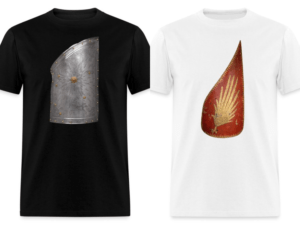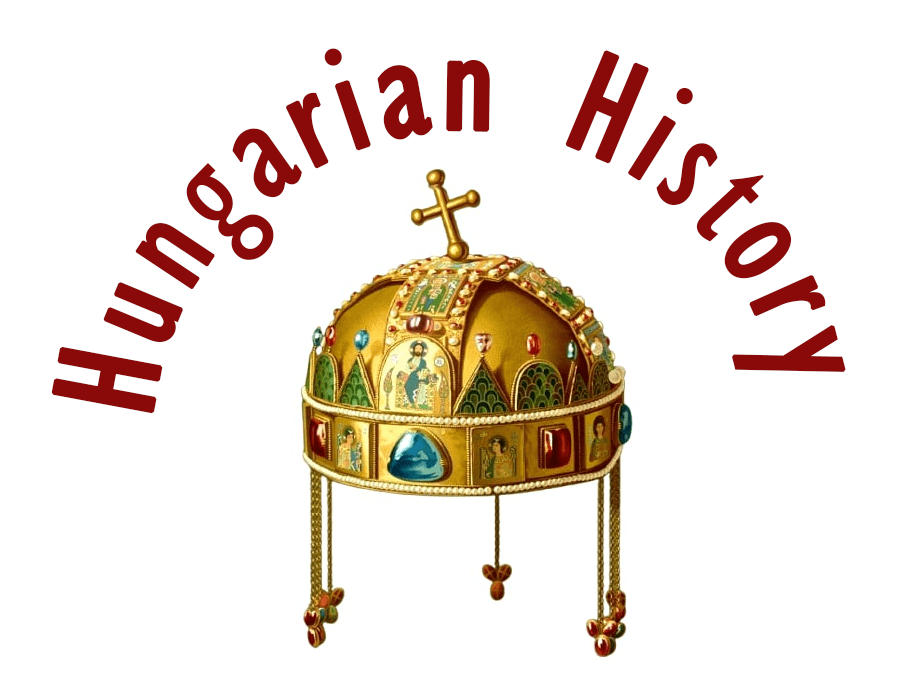1566: three champions challenge Pasha Mustafa to a duel

There was a new Pasha at Buda castle appointed, his name was Szokollu Mustafa, and the Hungarian warriors “greeted” him like this:
The new Pasha was challenged to a duel by Thury György, Enyingi Török Ferenc, and László Gyulaffy László.
„…You know yourself thoroughly and know that you are not good enough to fight with a sword, like other humble warriors hurt their enemies with, so you are not enough and you lie like a traitor and a villain, like a dog.”

The Sultan had the previous Pasha Arslan executed in the first part of August 1566, and assigned a new leader to Buda: Pasha Szokollu Mustafa, the younger brother of the Vizier Szokollu (or Szokolovich / Sokollu) Mohamed. Let us not forget, that the rank of a Pasha of Buda was very high in the Ottoman Empire.

When Pasha Szokollu Mustafa took over his office he sent a threatening letter to Palota castle in which he demanded the surrender of that Hungarian Borderland castle to him. He also demanded that Veszprém and Tata castles should also be “returned” to the Sultan.
According to Takáts Sándor (1860-1932), the great researcher of this age:
„It is a well-known thing that Sultan Szoliman (Suleiman) gave Buda to the valiant and excellent Pasha Mustafa in 1566, after the execution of Pasha Orszlán (Arslan). We do not know what happened between him and Thury György. Mustafa had sent a letter to Palota where its captain used to be Márton, the younger brother of Thury György. Mustafa was demanding the taking over of the recently besieged Palota and the recently ambushed and taken Veszprém and Tata, along with other castles.”
You can read more here about the deeds of Thury György, the invincible Hungarian duelist of the 16th century:
The only certain thing is that Mustafa must have offended somehow the “three glorious stars” of the Borderland: Enyingi Török Ferenc, the chief captain of the country, and Thury György as well as Gyulaffy László. So they together challenged Mustafa to a lethal duel. The first part of the letter was written by Török Ferenc:
“We have understood your letter in which you showed us all your inhumanity – because if you were a chief man and a humble man who likes his honor, you would not trade with deceitful roguishness. As you know yourself that you are lying in what you are writing about to us as if you have forgotten your humanity, you want to hurt our honor basely with your low scheming. You know yourself thoroughly and know that you are not good enough to fight with a sword like other humble warriors hurt their enemies with, so you are not enough and you lie like a traitor and a villain, like a dog.”

In the Hungarian language, it sounds like this:
«Az te leveledet megértettük, kiből kitetszik minden embertelenséged; mert ha te főember volnál s jámbor, ki tisztességedet szereted, efelé hazug, álnok latorsággal nem kereskednél. Mert azt te magad jól tudod, hogy a miről te minekünk írsz, abba hazudsz mint afelé embersége elfeledett, ki az mi tisztességünkben álnokul, mordályul akarsz praktikáim… Jól esméred magadat, hogy karddal, az mivel jámbor vitézemberek szoktak ellenségnek ártani, nem vagy elég reá, tehát árulóul, latorul, ebül hazudsz».

After this ornate introduction, the chief-captain Török Ferenc explains that he is going to send a copy of Mustafa’s dirty letter to the court of the Turkish Sultan (so directly to the currently besieged Szigetvár castle, to the Turkish camp) and he will spread the letter among the valiant beys and pashas to make Mustafa feel ashamed. He goes on:
“We, we are a free nation, we have power over our lands and are respected in it, but you, Mustapha, you are a worthless prisoner and the bridle is in your neck every hour like the Pasha Orslan has it in Buda!”
In the Hungarian, it sounds like this: “Mi szabad nemzet vagyunk uraságunk és becsületünk is van, de te Musztafa hitvány rab vagy s minden órában nyakadban az istráng, mint budai Oroszlán basának!”

After hurting Pasha Musztafa so deeply, Török Ferenc challenged him to a lethal duel. We know that he was the valiant son of Török Bálint who had been cunningly arrested by Sultan Suleiman in 1541 at the taking of Buda castle. Gyulaffy László continued the letter this way:
“If sheer luck happened to save your worthless life from the sword of lord Török Ferenc, I would not want to seek my truth on you with false words and lying tongue like you do, but with a sharp saber!” In the Hungarian language, it goes like this: “Ha a véletlen szerencse Török Ferencz uram kardjától megtartaná az életedet, én akarom rajtad keresnem a tisztességemet, de nem hazug nyelvvel mint te, hanem éles szablyával.” Better translations are always welcome.

The letter is duly finished with the words of the hero of Palota castle, Thury György:
“Additionally, me, Thury György, provided you remained intact from the duels, would like to defend my honor as a valiant man does it – not like you who does it only with a lying tongue, basely and false way. You had better answer in three days unless you want to find such letters about this in front of the other beys and pashas, even before your Sultan, that you would wish to hide under your father or would need to bring out the lying mouth of yours.”

In Hungarian: «Továbbá én Tury György, mikor te mindezekbül megmaradnál is, az én tisztességemet megakarom oltalmazni, úgymint vitézember szokta tisztességét oltalmazni; nem álnokul, hamis, hazug nyelvvel, mint te ! Erre harmadnapig választ tégy, ha elkezdted, mert ezután mind bégeknél, basáknál, még a te császárodnál is oly leveleket látsz, hogy vagy apád alá kell búvnod, vagy elő kell hoznod az te hazug szájadat!»

We do not know what was the result of these letters but it is for sure that Pasha Mustafa must have been afraid of taking up a duel with the three best duelists of Hungary.
My remark: had Pasha Lala Sokollu Mustafa accepted the duel, he would not have been able to execute the Venetian commander of Famagusta, Cyprus in 1571. We know that Marco Antonio Bragadin was flayed alive, even though the Pasha had promised safe passage upon surrendering the city to the Turkish army.
(Source: Szerecz Miklós and Takáts Sándor)
Dear Readers, I can only make this content available through small donations or by selling my books or T-shirts.
If you like my writings, please feel free to support me with a coffee here:
You can check out my books on Amazon or Draft2Digital, they are available in hardcover, paperback, or ebook:
https://www.amazon.com/dp/198020490X
or at https://books2read.com/b/boYd81


My work can also be followed and supported on Patreon: Become a Patron!http://Become a Patron!


https://hungarianottomanwars.myspreadshop.com/

https://hungarianottomanwars.myspreadshop.com/all

